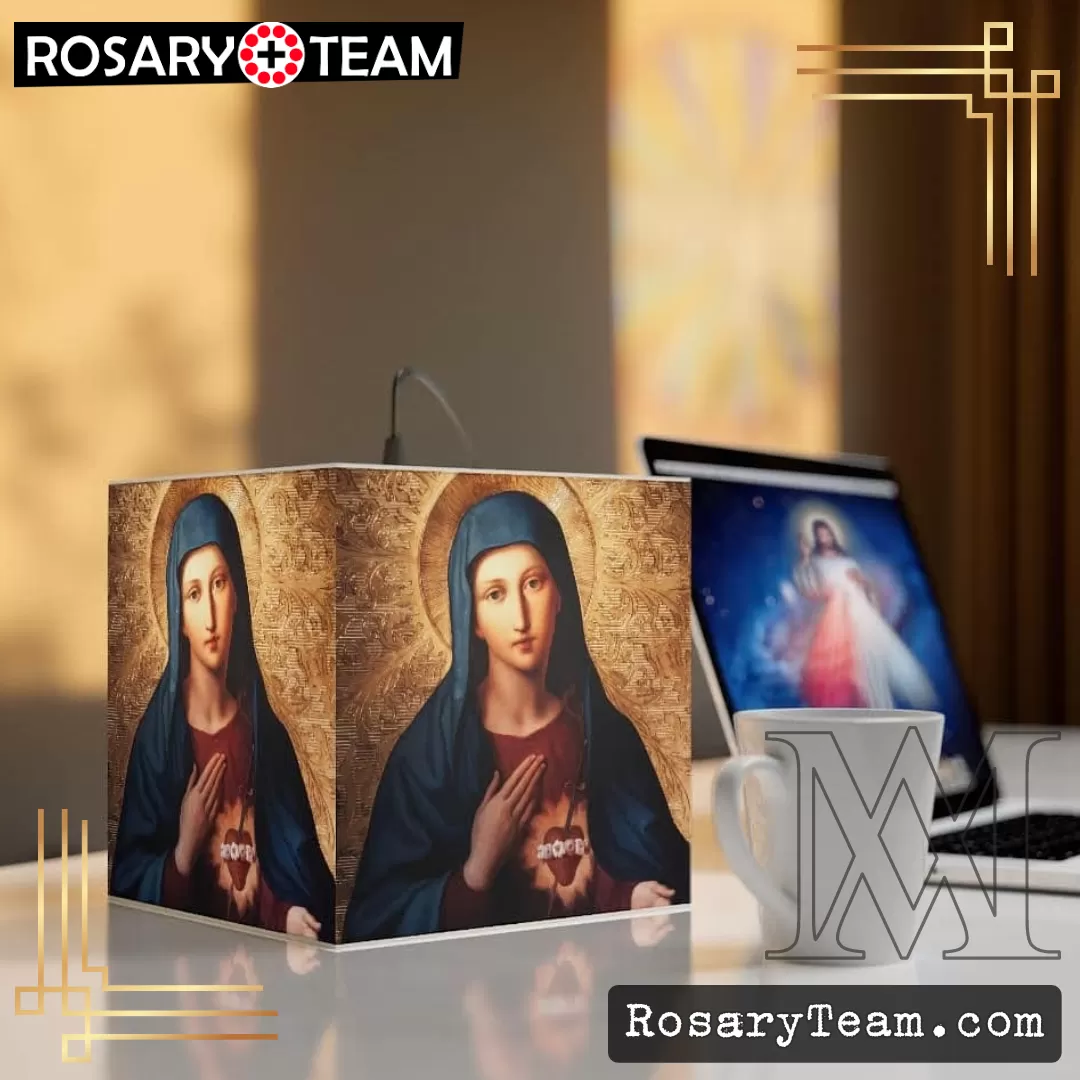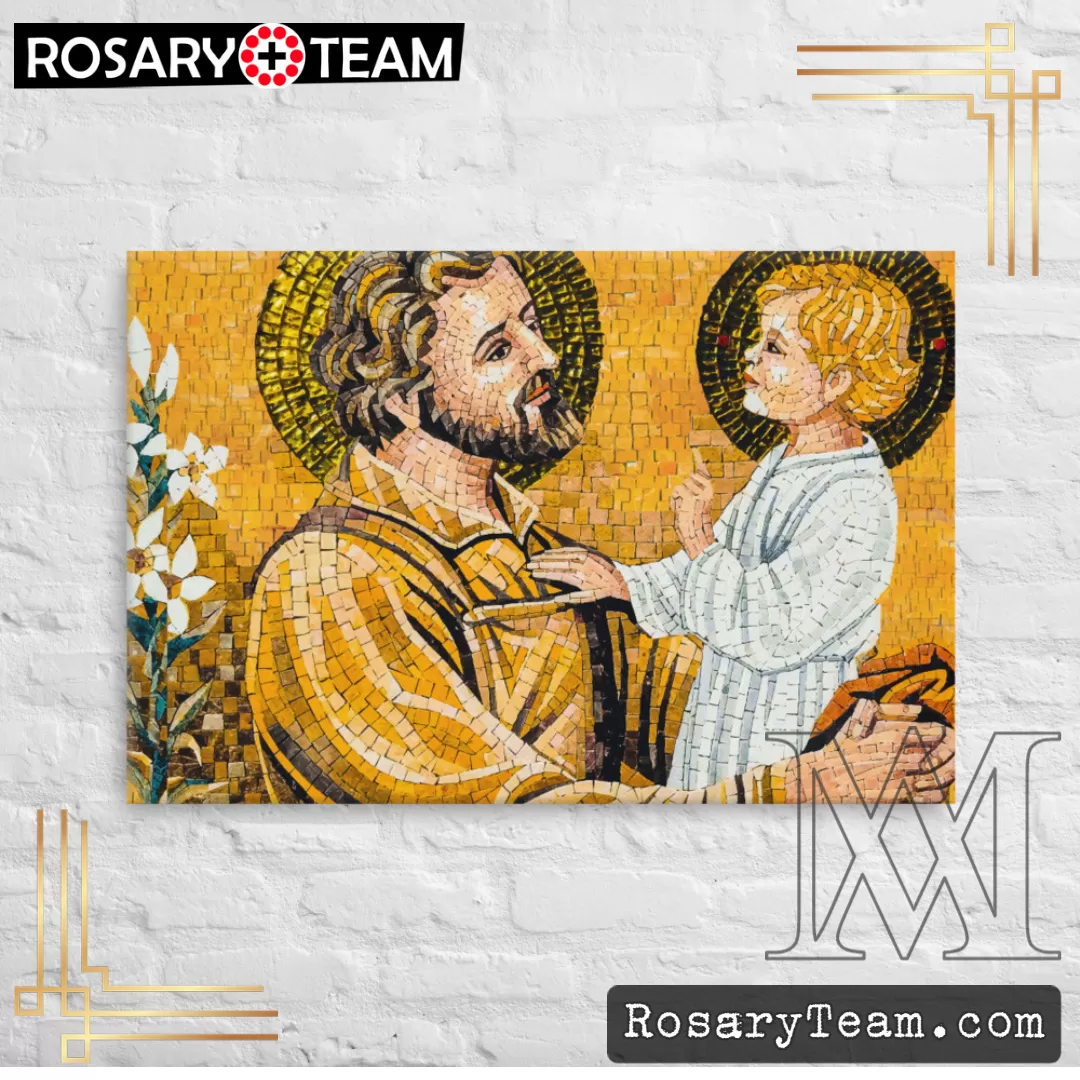Monday, August 8 : Saint John Henry Newman

No matter how we learn God’s will, whether from Scripture, or Antiquity, or what St. Paul calls “Nature” (cf. Rm 1,20), so that we can be sure it is His will. Matters of faith, indeed, He reveals to us by inspiration, because they are supernatural: but matters of moral duty, through our own conscience and divinely-guided reason. He reveals matters of form, by the Church’s tradition and long usage, which bind us to the observance of them, though they are not enjoined in Scripture. This, I say, is the proper answer to the question, “Why do you observe rites and forms which are not enjoined in Scripture?” Scripture tells us what to believe, and what to aim at and maintain, but it does not tell us how to do it; and as we cannot do it at all unless we do it in this manner, or that, in fact we must add something to what Scripture tells us. For example, Scripture tells us to meet together for prayer, and has connected the grant of the Christian blessings on God’s part, with the observance of union of heart; but since it does not tell us the times and places of prayer, the Church must complete that which Scripture has but enjoined generally… The Bible then may be said to give us the spirit of religion; but the Church must provide the body in which that spirit is to be lodged… There is no such thing as abstract religion. When persons attempt to worship in this (what they call) more spiritual manner, they end, in fact, in not worshiping at all… Scripture gives the spirit, and the Church the body, to our worship; and we may as well expect that the spirits of men might be seen by us without the intervention of their bodies, as suppose that the Object of faith can be realized…
maronite readings – rosary,team
















